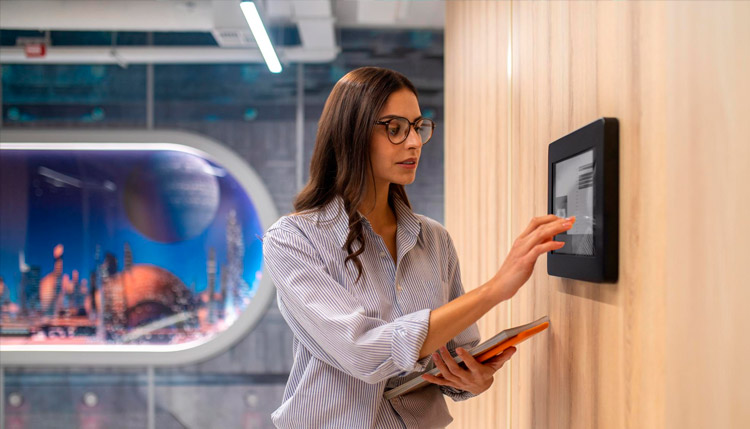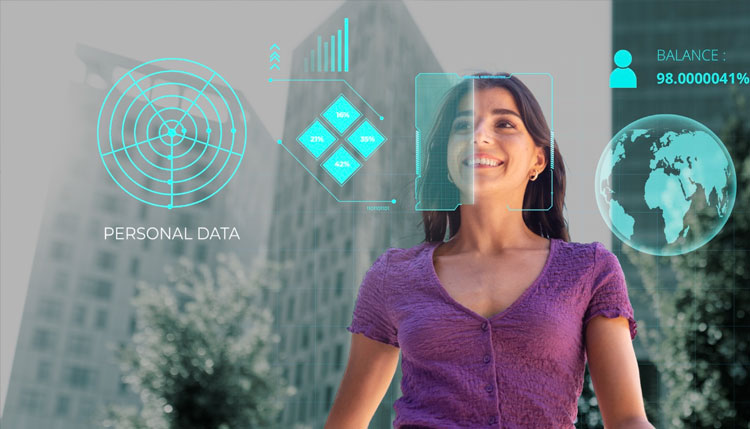
The Future of Biometric Security
In the rapidly evolving world of technology, security remains a paramount concern, both for individuals and organizations. Advanced biometric recognition technology, once a staple of science fiction, has now become an integral part of our everyday security infrastructure. This 600-word blog delves into the latest trends in biometric technology, exploring how they’re reshaping the landscape of security.
Sophisticated Facial Recognition Systems
One of the most noticeable trends in biometric technology is the advancement in facial recognition systems. Unlike traditional methods, which relied on two-dimensional images, the latest developments utilize 3D mapping, offering far greater accuracy and reducing the chances of false positives. This technology is not just confined to high-security areas but is increasingly being used in smartphones, laptops, and home security systems. For instance, some smartphones now use 3D facial recognition for unlocking, providing a seamless yet secure user experience.
Iris Scanning: A Leap Forward in Personal Security
Iris scanning, which involves analyzing the unique patterns of a person’s iris, has taken a leap forward. This technology is known for its high accuracy, as the iris pattern of an individual is distinct and remains stable over time. Iris recognition systems are now more compact and user-friendly, making them a viable option for a wide range of applications, from airport security to banking authentication processes.
Voice Recognition: The Unseen Protector
Voice recognition technology has also seen significant advancements. Modern voice recognition systems can not only detect the voice patterns of an individual but also understand the context and nuances of speech. This technology is particularly useful in areas where hands-free operation is necessary, such as while driving. Moreover, the integration of voice recognition with AI assistants has opened new avenues for personalized user experiences while maintaining robust security.
Rise of Multimodal Biometric Systems
Another notable trend is the rise of multimodal biometric systems, which combine two or more biometric verification methods, such as facial recognition and fingerprint scanning. This approach significantly enhances security by reducing the likelihood of unauthorized access. Multimodal systems are particularly useful in high-security areas and are becoming increasingly popular in corporate settings for secure access control.
Impact on Privacy and Ethical Concerns
While the advancements in biometric technology bring enhanced security, they also raise important questions about privacy and ethics. The collection and storage of biometric data necessitate robust data protection measures. There is an ongoing debate on how this data should be handled, who has access to it, and how long it should be stored. Governments and regulatory bodies worldwide are grappling with these issues, striving to strike a balance between security and privacy.
Looking Ahead: The Future of Biometric Technology
Looking ahead, we can expect biometric technology to become even more integrated into our daily lives. Innovations such as heartbeat recognition and gait analysis are on the horizon, promising to add another layer of security. Moreover, the integration of biometrics with AI and machine learning could lead to systems that continuously learn and adapt, further enhancing their accuracy and reliability.
In conclusion, the future of security is intrinsically linked with the advancements in biometric recognition technology. As these technologies become more sophisticated and pervasive, they offer promising solutions for a wide range of security challenges. However, as we embrace these innovations, it is crucial to address the accompanying ethical and privacy concerns to ensure that the future of security is not only advanced but also responsible and respectful of individual rights. This balance will be key in shaping a secure and trustworthy digital world. For more information, please visit www.trueid.in











